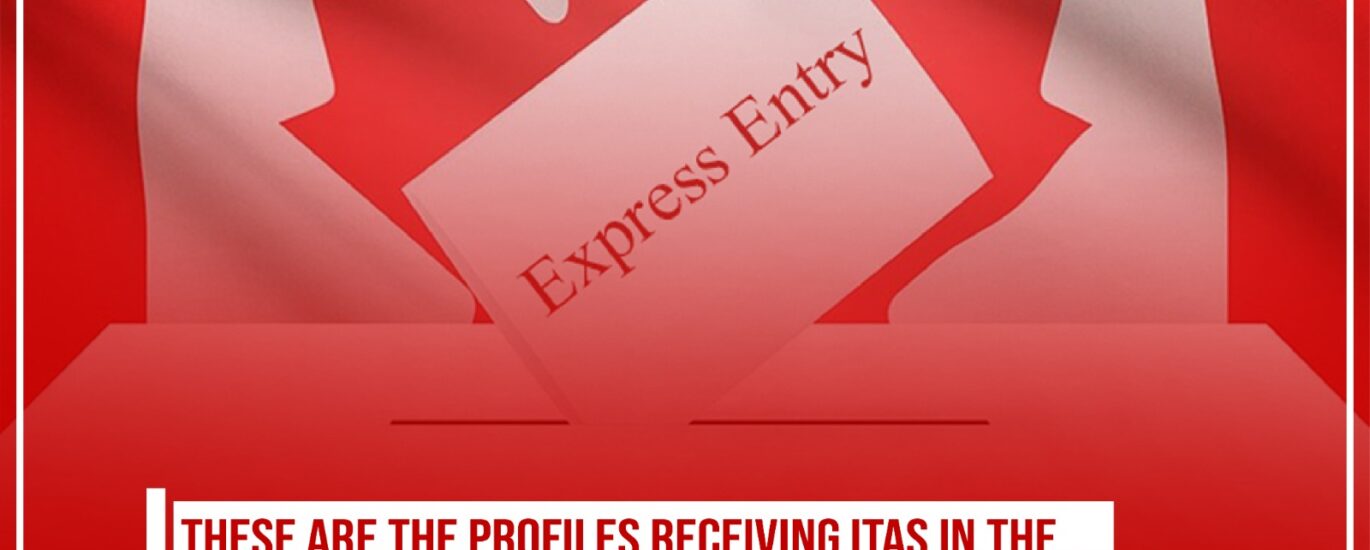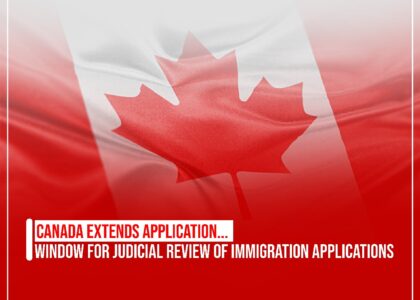In the first category-based selection draw of 2025, Immigration, Refugees and Citizenship Canada (IRCC) invited 6,500 candidates with French language proficiency to apply for permanent residence through the Express Entry system. This marks the second-largest French proficiency draw ever and reflects a growing demand for bilingual candidates in Canada’s immigration landscape.
The latest draw also witnessed a significant drop in the Comprehensive Ranking System (CRS) score required to receive an Invitation to Apply (ITA). The CRS cut-off score for French-speaking candidates fell from 466 in previous draws to just 428, the lowest score observed in any Express Entry draw this year.
The introduction of category-based selection draws in 2023 has been pivotal in targeting specific profiles, particularly those with French language proficiency, who have consistently seen lower CRS cut-off scores compared to other candidates. This article will delve into the profiles of candidates who were eligible to receive ITAs in the most recent French proficiency draw, the benefits of French language skills in the CRS system, and why improving French proficiency can be a strategic move for candidates looking to immigrate to Canada.
Who Received ITAs in the Recent Express Entry French Proficiency Draw?
The most recent French proficiency draw extended ITAs to a wide variety of candidates with differing profiles. Below are fictionalized examples of profiles that would have qualified for the draw, based on CRS scores and French language proficiency.
Example 1: Amadou Kone
Amadou, a 32-year-old mechanic from Côte d’Ivoire, has three years of work experience in his home country. He holds the equivalent of a Canadian bachelor’s degree in mechanical engineering. Amadou scored NCLC level 9 in French and CLB level 6 in English.
CRS Score Breakdown:
- Age: 94 points
- Education: 120 points
- French proficiency (NCLC 9): 124 points
- English proficiency (CLB 6): 4 points
- Skills transferability (Education): 25 points
- Skills transferability (Foreign work experience): 50 points
Amadou’s total CRS score: 467. This score qualifies him for the most recent French language proficiency draw.
Example 2: Deepti Kajal
Deepti, a 33-year-old schoolteacher from India, has one year of Canadian work experience and holds a one-year college degree in early childhood education. She scored NCLC level 7 in French and CLB level 10 in English.
CRS Score Breakdown:
- Age: 88 points
- Education: 90 points
- English proficiency (CLB 10): 136 points
- French proficiency (NCLC 7): 12 points
- Canadian work experience: 40 points
- Skills transferability (Education + Work experience): 38 points
Deepti’s total CRS score: 469. This score easily qualifies her for the Express Entry draw based on French language proficiency.
Example 3: Remilekun Agnes
Remilekun, a 36-year-old married nurse from Nigeria, has two years of foreign work experience and one year of Canadian work experience. He holds the equivalent of a Canadian master’s degree in nursing. Remilekun scored NCLC level 7 in French and CLB level 8 in English. His wife, Adesewa, holds a bachelor’s degree, scored CLB level 8 in English, and has one year of Canadian work experience.
CRS Score Breakdown:
- Age: 65 points
- Education: 126 points
- English proficiency (CLB 8): 88 points
- French proficiency (NCLC 7): 12 points
- Canadian work experience: 35 points
- Skills transferability: 50 points (combined for education and work experience)
- Spouse’s education and work experience: 25 points (education + language + work)
Remilekun’s total CRS score: 477. This profile qualifies for the most recent French proficiency category-based draw, benefiting from his wife’s contributions to their overall CRS score.
Why Does French Proficiency Matter for Express Entry Candidates?
French language proficiency is increasingly valuable in the Express Entry system, offering candidates an opportunity to improve their CRS score significantly. Candidates who excel in French may earn up to 310 CRS points for their language skills alone. For applicants with a spouse, this number increases to 320 CRS points—a substantial boost in their chances of receiving an ITA.
In the NCLC French proficiency scale, candidates who score at least NCLC level 7 are eligible for category-based selection in the French language proficiency stream. This category, introduced by the IRCC, is one of the priority immigration streams for candidates who meet the language requirements and wish to live outside Quebec. For the 2025-2027 Immigration Levels Plan, Canada aims to admit around 30,000 Francophone newcomers outside Quebec in 2025, with the number increasing over the following years.
How French Proficiency Can Boost CRS Scores
Having a strong French language ability not only qualifies candidates for category-based draws but also enhances their Core Human Capital points, which are a critical factor in the CRS calculation. Here are some key ways French proficiency boosts CRS:
- Language Proficiency Points: High French scores (e.g., NCLC level 9 or higher) can award candidates up to 124 points for their first official language (French) and additional points for the second language (English), further boosting their CRS score.
- Skills Transferability: Candidates who have strong language skills in both French and English benefit from skills transferability factors, earning additional points for their education, foreign work experience, and Canadian work experience. For instance, a candidate with NCLC level 9 in French and a bachelor’s degree can earn 25 points for skills transferability.
- Spousal Contributions: If applying with a spouse, the partner’s French language ability can add extra points to the application. A spouse with a good level of French proficiency (NCLC level 7 or higher) can significantly improve the total CRS score, making it easier to receive an ITA.
- Eligibility for Targeted Draws: As part of the ongoing French proficiency category draws, candidates who meet the language requirements are more likely to be invited to apply, especially when their CRS score is lower compared to other streams.
Key Takeaways: Why You Should Consider Improving Your French
If you are looking to immigrate to Canada, improving your French language proficiency can dramatically enhance your profile in the Express Entry pool, opening up new opportunities. For candidates who already have a strong command of French, taking the time to further enhance your language skills can significantly increase your chances of success.
The French proficiency category offers some of the lowest CRS cut-off scores in the Express Entry system, making it a more accessible route for candidates with the right language qualifications. Additionally, with Canada’s ongoing commitment to welcoming more Francophone immigrants, now is an excellent time to leverage your language skills to boost your immigration prospects.
To maximize your chances, take steps to improve your French proficiency to at least NCLC level 7 and consider creating or updating your Express Entry profile to reflect your language ability. This strategic move could be the key to receiving an ITA and achieving your goal of permanent residency in Canada.





